Understanding which foods are good for you and which are bad may seem like a complex subject to undertake. There is so much media attention drawn to a particular food one week and another food the next.
Some people feel overwhelmed with the information available and find it difficult to make the right choices for healthy eating.
Each individual will need to find the diet that is correct for their lifestyle. A nutritionist can help you evaluate the food that you eat and design a healthy eating plan.
However, there are some basic rules that you should follow to ensure that your diet is well balanced and your body receives all the nutrients that it requires.
Starchy Foods
Always base your meals around a starchy food. When selecting your starchy foods, choose potatoes that have skins and whole grain options. These offer more minerals, vitamins and fibre to your diet. Types of starchy foods include:
- Potatoes
- Bread
- Rice
- Pasta
- Noodles
Fruit and Vegetables
A healthy diet must include a wide variety of fruits and vegetables. Each type of fruit or vegetable will contain unique combinations of vitamins and minerals so choose from a wide range.
Adding grated courgettes or carrots to your cooking is an easy way to ensure that you get an extra portion of vegetables. This works well in tomato sauces or bolognaise.
You can consume fruit in a variety of sources as well as from fresh. These include tinned fruit, frozen fruit and as 100% fruit juice.
Fish
You should aim to eat two portions of fish per week. You can eat canned, smoked or frozen fish as well as fresh. Ensure that you are aware of any additional salt in smoked or canned fish. If you can, choose the low salt option.
Try to ensure that one of your portions are oily fish. Oily fish are natural sources of vitamin D which improves the health of your bones. Sources of oily fish include:
- Fresh tuna
- Trout
- Salmon
- Mackerel
- Sardines
Saturated and Unsaturated Fats
Eating too much fatty foods can increase blood cholesterol and lead to weight gain. Since fat contains twice as much calories as protein or carbohydrates, your fat intake needs to be carefully monitored.
Fat is required to assist the body produce fatty acids and for abortion of vitamins. It is healthier to eat unsaturated fats rather than saturated fats such as those found in cheese, cream, lard, butter, pies and pastries.
Unsaturated fats can be found in:
- Vegetable oils
- Nuts
- Seeds
- Oily fish
- Avocados
Sugar
Too much sugar will add to your calorie intake and can cause tooth decay. Try to reduce the amount of sugar that you eat throughout the day. Snacks of sugary foods between meals should be avoided as much as possible.
A great alternative to eating sugary foods is to eat fruit instead. Eating a piece of fruit can relieve you of your sweet craving and add to your recommended five a day.
Salt
It is important to monitor the amount of salt that you consume in your diet. Too much salt intake can result in a higher risk of developing high blood pressure. People with high blood pressure are more likely to experience a stroke or heart disease.
When cooking meals, it can be helpful to try and add additional herbs, mustard, spices, citrus or vinegar to add flavour as a replacement for salt.
Remember to check processed foods for the salt content included. The majority of salt that we eat is a result of processed foods rather than table salt that we add to our meals.
Foods with a low salt content contain 0.3g or less per 100g (0.1g of sodium).
Foods with a high salt content contain 1.5g or more per 100g (0.6g of sodium).
Eat a good breakfast
Starting the day with a healthy breakfast is a great way to get the vitamins, minerals, fibre and calories that your body requires. Eat the following foods as a healthy breakfast:
- Fruit
- Wholemeal toast
- Wholegrain cereal or porridge
Keep active
Keeping active can help prevent you from becoming overweight or obese. This can reduce your risk of heart disease, type 2 diabetes and some forms of cancer.
It is recommended that 19-64 year olds undertake the following types of activity at least two days a week :
75 minutes of vigorous intensity physical activity or 150 minutes of moderate intensity activity.This alongside muscle strengthening activities.
- Vigorous intensity physical activity includes running or swimming.
- Moderate intensity activities include brisk walking or cycling.
- Types of muscle strength training include exercising with weights, carrying heavy items or weight lifting.
Drink plenty of water
Water is important to keep your body hydrated throughout the day. Water is effective as it adds no additional calories to your body intake.
It is recommended that you drink 8-10 glasses of drink each day. You can drink most types of drinks including:
- Water
- Milk
- Fruit juice
- Smoothies
- Coffee
- Tea
- Soft drinks
Drinks which include added sugar can contribute to tooth decay so it is advisable to avoid these types of drink.
Drinking alcohol will make you more dehydrated. This is because it causes you to pass urine more frequently.
